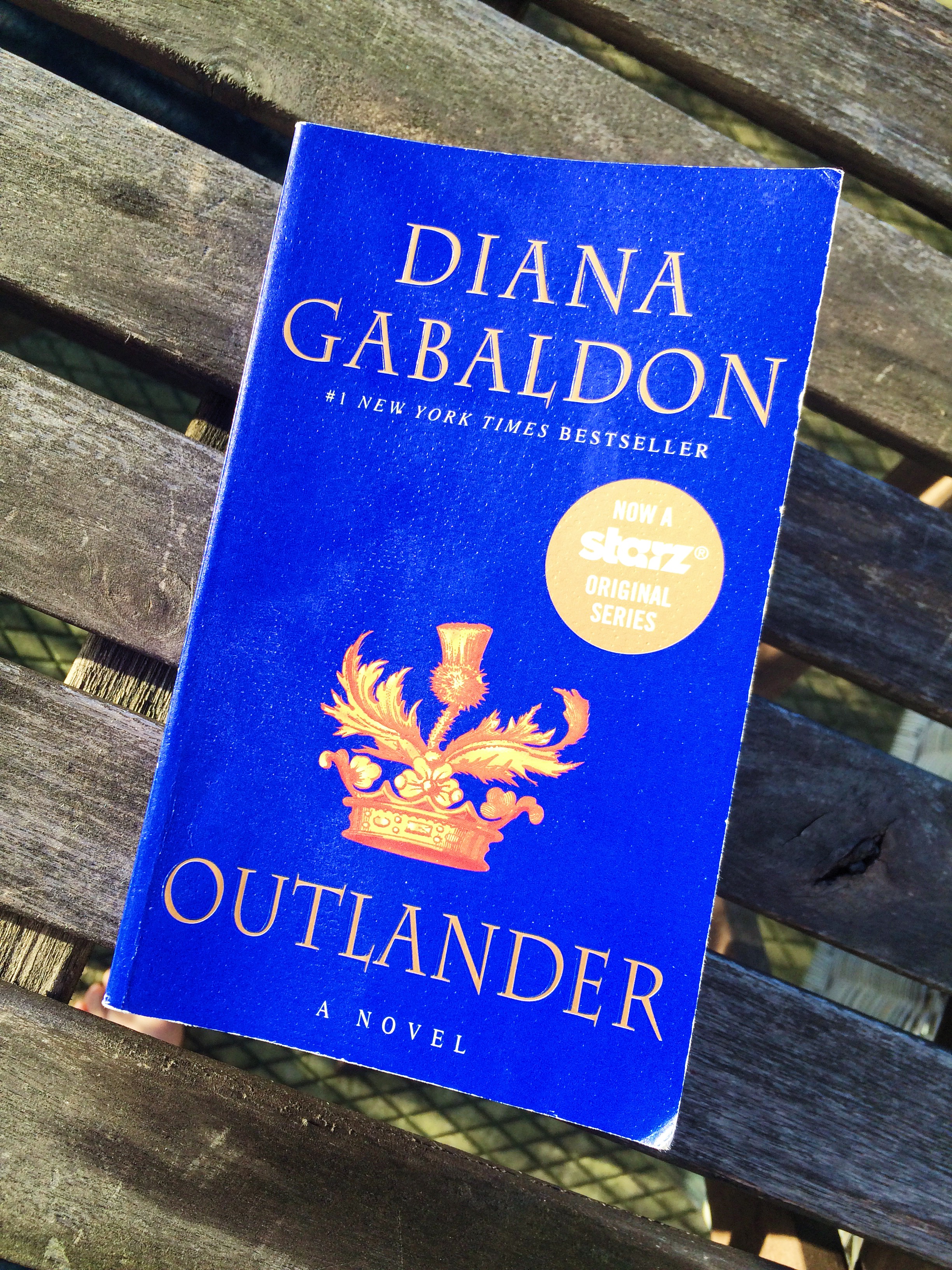January was a dark month. Literally, because Amsterdam is miserable that time of year, and also in terms of my reading picks. It’s April as I’m writing this, but I thought it might be fun to go back and take a look at what I’m reading this year, month by month. I’ll get caught up and then, fingers crossed, start making it a more regular thing.
Fates and Furies by Lauren Groff
This was a wicked little book divided into two parts. The first tells the charmed and charming story about the relationship between Lancelot – Lotto – and his wife Mathilde. Or, at least as it’s told by Lotto. Mathilde’s perspective in the second half of the book (Furies) comes less as a twisty shocker and more as a gut punch, a solid thumping of the other shoe. I wouldn’t say I was shocked by this book, but it certainly wasn’t what I was expecting either. An interesting mid-novel relationship between two of the characters unfolded in a way that was both familiar and not like anything I’d read before. Groff’s writing style is reserved and precise and she manages to get at the deep emotions of the characters without too many expository “he felt sad” crutches. The book has been compared to another dark, woman-driven novel (Gone Girl
), but I think the similarities are pretty superficial. Both were tense and unsettling, but Gone Girl had more traditional thriller elements to it. Fates and Furies, on the other hand, is a slow boiler that gets under your skin and makes you question not just the reliability of the story you’ve been told so far, but also the reliability of everyone you know and have ever met.
The Book of Strange New Things by Michel Faber
This book had a lot stacked against it when I first picked it up. I’d just read a religion-heavy piece of trash that shall go unnamed – thanks a lot book club – and when I discovered that this book told the story about a missionary and his wife, I groaned. I’m pretty intolerant towards devout characters and stories about Redemption (that’s the capital R bible type), so I was pretty surprised when I started enjoying this book in spite of myself. Faber somehow manages to balance faith and skepticism in a way that doesn’t seem preachy or false. There is a straightforward respect for religion that didn’t turn my stomach, and also a frank look at the reality of the world that leaves very little (and increasingly less) room for magic. Some of the characters are a little choppy (Faber has an annoying habit of repeatedly describing the appearance and dialect of everyone except the white people), but almost all are portrayed with empathy and humanity. There’s a unique twist to this book that I won’t give away here and that I’d advise you not to look for. When it sneaks up on you, you’ll enjoy it all the more.
Outlander by Diana Gabaldon
Quite the opposite of The Book of Strange New Things, I was ready to fall in love with the whole series when I started Outlander. That probably means it actually stood less of a chance than one with low expectations, but I read through this 850-page brick of a book originally written in 1991 with a generous spirit. I was ready to forgive the multiple damsel-in-distress moments, the not-quite-feminist mishaps of our plucky heroine, the multiple rapes, the pathologization of homosexuality, the importance placed on maternity… until I wasn’t. Maybe Outlander deserves a pass for having been written 25 years ago, but I didn’t read it then. As a smutty beach read, this book has plenty to offer. There’s a lot of sex, a lot of historical fiction-y depictions of feasts and clothes and politics, but that’s really about it. My friends tell me Gabaldon’s later books are a bit more of-the-times, but I’ve also heard that they become increasingly boring and trite. I think I’ll stick to the original, which wraps up nicely at the end and doesn’t really necessitate anything further.
Station Eleven by Emily St John Mandel
This was my pick for book club in January and pretty much everyone enjoyed it. More The Road than The Walking Dead
, Station Eleven is still a solid post-apocalyptic piece of speculative fiction that has some truly scary moments. More than anything, I loved the way Mandel told the story of the plague through the very different eyes of her characters. The switching perspectives give you a look at life before and after the pandemic that wiped out humanity and, even in a short amount of time, you get a very sympathetic portrayal of a host of complex people. Hopping around in time, there is enough plot to keep you turning the pages, and enough realistic and human characters to keep those pages worthwhile.
This was a great one for book club because, with lots of interesting themes related to family, memory and trauma, we had plenty to talk about. It was a really taught and concise book and, if anything, left me wanting more.




